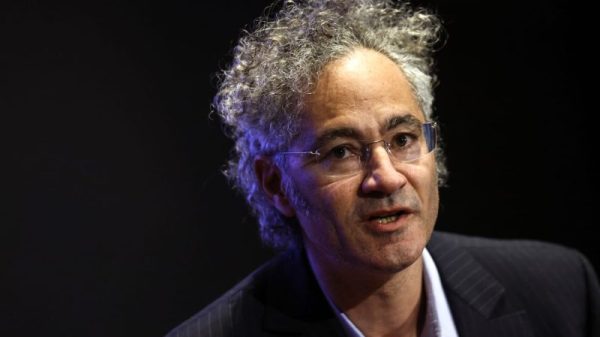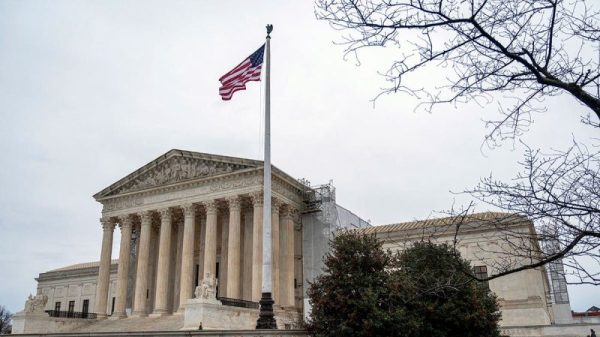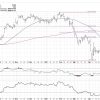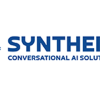Blue Origin’s tourism rocket — which is designed to vault paying customers on brief trips to the edge of space — will return to flight on Monday after the Jeff Bezos-founded company spent more than a year recuperating from a failed uncrewed test flight.
The rocket, New Shepard, is expected to launch on an uncrewed science mission at 8:30 a.m. CT (9:30 a.m. ET) from Blue Origin’s facilities on a private ranch in West Texas. The company will stream the event on its website.
Though no one will be on board the flight, a success could tee up Blue Origin to restart its trips to space for thrill seekers.
A New Shepard rocket and spacecraft was set to launch a batch of science instruments on September 12, 2022. But one minute into flight, the rocket endured Max Q — an aerospace term that refers to a moment of maximum stress on a vehicle at a relatively low altitude where the atmosphere is still fairly thick, and the rocket is moving at nearly the speed of sound.
Around that time, the rocket appeared to emit a massive burst of flames. The New Shepard capsule, which rides atop the rocket, then initiated its launch abort system — firing up a small engine to blast itself safely away from the malfunctioning rocket. That system worked as intended, parachuting the capsule to a safe landing.
Blue Origin later revealed that the cause of the failure was a problem with the engine nozzle, a large cone that directs the flaming exhaust at the rocket’s bottom. Onboard computers accurately detected the failure and shut the engine down, according to the company.
No injuries were reported on the ground, and Blue Origin said the science payloads and the capsule could be flown again.
But the rocket, left without a functioning engine, smashed back into the ground and was completely destroyed. Typically after New Shepard launches, the rocket booster guides itself back to a safe upright landing so it can be flown again.
During a Thursday interview with podcaster Lex Fridman, Bezos said that the escape system that jettisoned the capsule to safety is the most difficult piece of engineering in the entire rocket — but “it is the reason that I am comfortable letting anyone go on New Shepard.”
“The (rocket) booster is as safe and reliable as we can make it,” Bezos added. “The power density is so enormous that it is impossible to ever be sure that nothing will go wrong. … So the only way to improve safety is to have an escape system.
“A tourism vehicle has to be designed in my view … to be as safe as one can make it,” he said. “You can’t make it perfectly safe. It’s impossible.”
What went wrong
Before the September 2022 failure, New Shepard rockets had flown 22 consecutive successful missions — including six with passengers on board. Bezos flew aboard the rocket in 2021.
The Federal Aviation Administration, which licenses commercial rocket launches and is charged with ensuring public safety, oversaw an investigation into the failure. The probe revealed that the engine nozzle failed because it experienced higher temperatures than what the company had anticipated.
To fix the issue, Blue Origin said it implemented “design changes to the combustion chamber” — the area of the engine where fuel explosively mixes with oxidizer — and adjusted “operating parameters,” or the data that the company uses to model safe flights.
“Additional design changes to the nozzle have improved structural performance under thermal and dynamic loads,” the company said in a March statement.
The FAA formally concluded the mishap investigation on September 27, outlining 21 “corrective actions” Blue Origin must implement before returning to flight. The agency did not reveal details on what those actions were, noting the report “contains proprietary data and U.S Export Control information and is not available for public release.”
New Glenn on the horizon
New Shepard’s return to flight comes as Blue Origin is racing to deliver on another key project: It’s developing a massive rocket called New Glenn that’s capable of hauling satellites and other large payloads into orbit.
That rocket is years overdue. And the same engines that will power New Glenn’s rocket booster, the BE-4 engines, will also fuel a new line of rockets developed by United Launch Alliance — a joint Lockheed Martin and Boeing venture. United Launch Alliance’s new Vulcan Centaur rocket is slated to launch its first mission, delivering a NASA-sponsored lander to the moon, in January.
New Glenn likewise has an important first launch on the horizon, potentially carrying a NASA satellite to study the magnetized area of space around Mars as soon as next year.
Bezos admitted during last week’s podcast interview that he is “extremely nervous” about the first launch of New Glenn.
“Every launch I go to, for New Shepard, for other vehicles, too, I’m always nervous for these launches,” he said. “A first launch — to have no nervousness about that — would be some sign of derangement.”







































